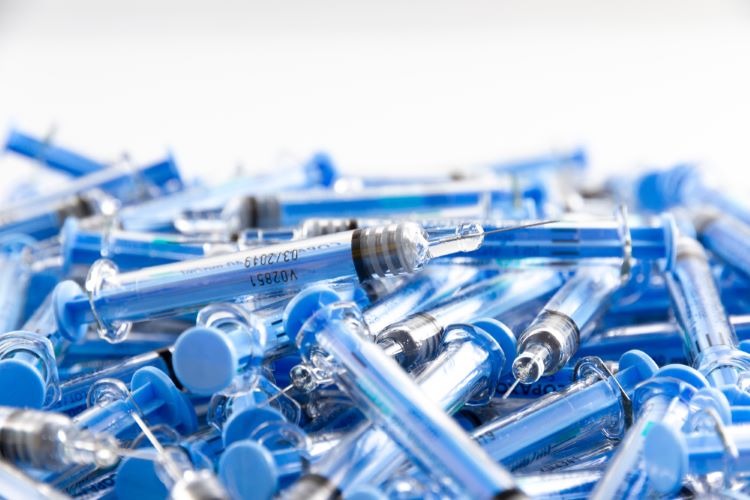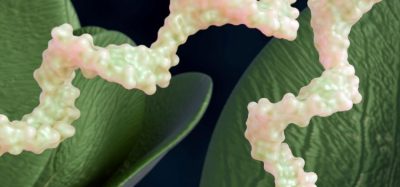Ten-minute subcutaneous injection shows promise for MS
Posted: 13 July 2023 | Catherine Eckford (European Pharmaceutical Review) | No comments yet
A Phase III trial for the only therapy approved for both relapsing and primary progressive multiple sclerosis (MS) met its clinical endpoints, Genentech has announced.


Genentech’s Phase III OCARINA II clinical trial evaluating Ocrevus® (ocrelizumab) as a twice a year 10-minute subcutaneous injection has been shown to be non-inferior to administration by intravenous infusion (IV) in relapsing MS (RMS) or primary progressive MS (PPMS).
Humanised monoclonal antibody (mAb) Ocrevus is the first and only therapy approved for both RMS and PPMS. Fundamentally, the injection is designed to be administered without the need for IV infrastructure so it has the potential to expand the usage of Ocrevus in MS centers without IV infrastructure or those with IV capacity limitations.
“This new subcutaneous injection will allow Ocrevus to be administered in 10 minutes twice a year, helping people living with MS to spend less time in treatment for this disease,’’ stated Dr Levi Garraway, PhD, Genentech’s Chief Medical Officer and Head of Global Product Development.
The subcutaneous injection retains the twice-yearly dosing regimen of Ocrevus IV, which has become a standard of care MS treatment”
The subcutaneous injection retains the twice-yearly dosing regimen of Ocrevus IV, which has become a standard of care MS treatment. This therefore offers another delivery option.
The trial also met its secondary endpoints which included maximum serum concentration (Cmax) of Ocrevus, the total number of active, gadolinium-enhancing T1 lesions at eight and 12 weeks, and new or enlarging T2 lesions at 12 and 24 weeks.
For instance, Ocrevus was also shown to be comparable with Ocrevus IV in controlling MRI lesion activity in the brain over 12 weeks. The safety profile of Ocrevus subcutaneous injection was consistent with that of Ocrevus IV.
Formulation of Ocrevus (ocrelizumab) subcutaneous injection
Ocrevus is designed to target CD20-positive B cells, a specific type of immune cell thought to be a key contributor to myelin (nerve cell insulation and support) and axonal (nerve cell) damage. This nerve cell damage can lead to disability for individuals with MS.
The investigational subcutaneous formulation combines Ocrevus with drug delivery technology from Halozyme Therapeutics. It uses recombinant human hyaluronidase PH20 (rHuPH20), an enzyme that locally and temporarily degrades hyaluronan in the subcutaneous space. This increases tissue permeability under the skin, so provides space for large molecules like Ocrevus to enter. In this way, the subcutaneous formulation can be rapidly dispersed and absorbed into the bloodstream.
Detailed results from the Phase III OCARINA II trial for the subcutaneous injection will be presented at an upcoming medical meeting.
Related topics
Big Pharma, Biologics, Biopharmaceuticals, Clinical Development, Clinical Trials, Drug Delivery Systems, Drug Development, Drug Safety, IV, Technology, Therapeutics









